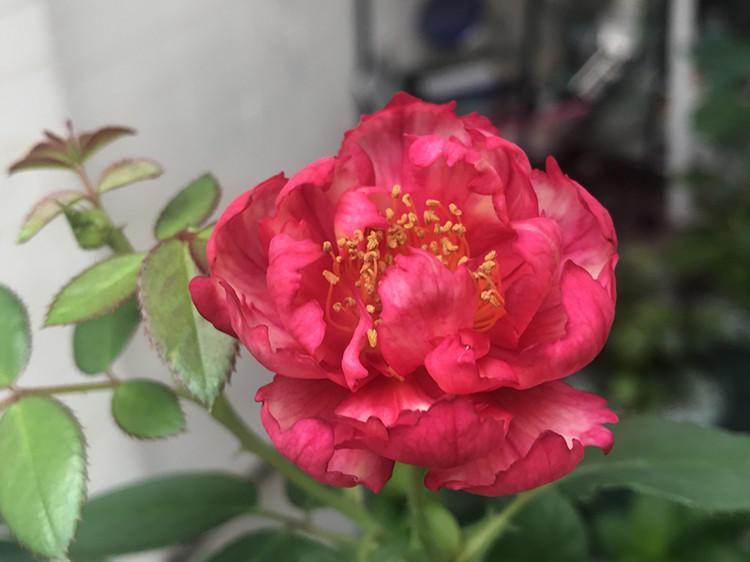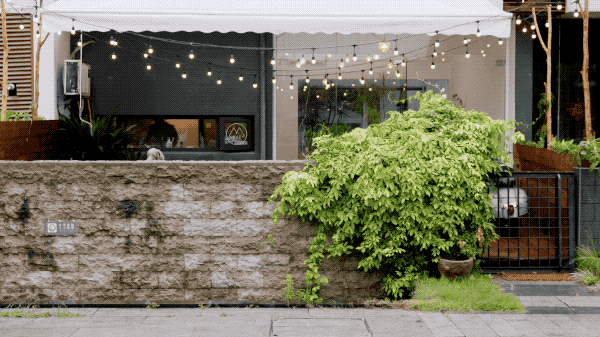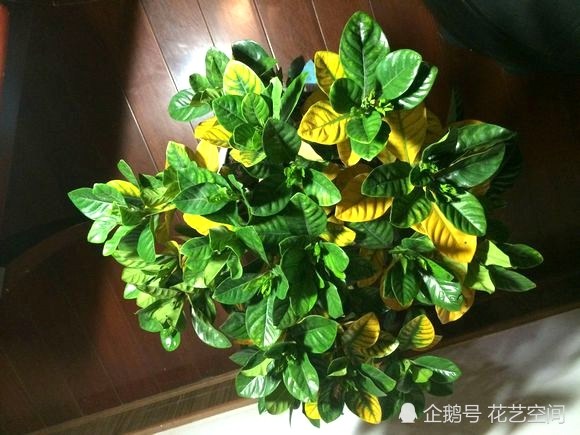Although the rose is a big user, there are ten people who don't apply it.

Rose is a real foodie. Why do you say that? Because it is a fat basket, addicted to eating fat, is an authentic "fat user". However, in the process of conservation, flower friends can not generalize ah, in some special cases, rose does not need to be fertilized, we should pay attention to the "ten do not apply".
1. The newly planted rose plants are not applied.
Because newly planted rose seedlings have more wounds, if they are stimulated by other external factors, especially fertilizer, they will not be able to heal or even cause rotten roots. The general recommendation is that the newly planted rose, after 7 days of slow seedling, then use rose special organic liquid fertilizer, diluted 500 times to irrigate the root, once every 7-10 days.
2. No application at flowering stage
Fertilization in the flowering stage of rose is likely to cause bud and flower drop, so fertilization is generally not recommended. If you want to promote flowering, you can apply phosphate fertilizer before flowering.
3. Do not apply on cloudy and rainy days
In overcast and rainy days, the air humidity is high, the soil water content of potted rose is high, the ability of fertilizer absorption and conservation of rose is poor, fertilizer is easy to be lost, and it is easy to cause excessive growth of branches and leaves and induce diseases and insect pests. Therefore, it is recommended to apply fertilizer in the evening on a sunny day, and use a spray can to "return water" the next morning to promote the absorption of rose.
4. No application during dormant period
Rose grows relatively slowly during the dormant period. if you fertilize the rose at this time, it will break the dormancy, cause the plant to continue to grow, consume more nutrients and affect the flowering of the coming year.
5. Do not apply under the root.
Fertilization under the root of rose is not conducive to the full absorption and utilization of nutrients. If granular fertilizer is applied in the hole, the flower friends should be 3-5 cm away from the root to facilitate the absorption of the root system.
6. Thick fertilizer is not applied in pot.
If the concentration or dosage of fertilizer in potted rose is too high, it will suck the cell liquid out of the plant and cause death. Generally speaking, we should grasp the principle of "applying thin fertilizer frequently", with one third of fertilizer and seven percent of water as the best.
7. No application of raw fertilizer
For some fish sausage, chicken and duck manure, etc., unripe fertilizer, do not casually apply to the rose. Because, this is not only prone to a variety of diseases and insect pests, but also often emit a stench and affect health and pollute the environment. Moreover, when exposed to water, it will ferment and produce high temperature, which will damage the root system of rose.
8. No rough application of nitrogen fertilizer
Rose is a fertilizer-loving flower, fertilization should be nitrogen, phosphorus, potassium combined use, it is best to cake fertilizer, rose special liquid fertilizer and other organic fertilizer. Often rough application of nitrogen fertilizer, easy to prolong the growth period of branches and leaves, postpone flowering or not flowering, small flowers light, affecting the beauty. The balanced and comprehensive nutrient solution of nitrogen, phosphorus and potassium can ensure the absorption of the three elements of rose and promote the all-round growth of rose.
9. Do not apply to weak plants.
For the sick rose, the branches of the plant are thin and weak, the ability of photosynthesis is poor, the metabolism is slow, and the plant is in a state of "deficiency without supplement". Applying fertilizer casually is very easy to cause fertilizer damage.
10. Do not do it before entering the house
In winter, for some cold areas, potted rose needs to spend the winter after entering the house. during this period, rose enters a dormant period and generally does not need fertilization, because fertilization will lead to tender branch tissue and reduce the ability of plants to survive winter cold resistance and resistance to diseases and insect pests. Winter fertilization is usually carried out before December.
Photo by Flower Friends: DoNotMakeMeSad
- Prev

After being in foster care for 30 families, he broke out: renting a villa, growing plants, 25 cats and living alone.
Like most people, I have been renting since I graduated in April. But my friends and I adhere to the belief that the house is rented, but life is our own. As a result, each move will take a period of time, meticulous.
- Next

Happily carrying back two pots of flowers and dying all in less than three days may be missing these two steps.
Happily bring back two pots of flowers from the flower market and die in less than three days. are you in the same situation? That may be the lack of these two steps! More and more people like to grow flowers. When they go to the flower market, they see that they like it.
Related
- Wuhan Hospital Iron Tree Blooming Result Was Instantly Frightened by the Gardener Master
- Which variety of camellia is the most fragrant and best? Which one do you like best?
- What is the small blue coat, the breeding methods and matters needing attention of the succulent plant
- Dormancy time and maintenance management of succulent plants during dormancy
- Minas succulent how to raise, Minas succulent plant pictures
- What are the varieties of winter succulent plants
- How to raise succulent plants in twelve rolls? let's take a look at some experience of breeding twelve rolls.
- Attention should be paid to water control for succulent plants during dormant period (winter and summer)
- Watering experience of twelve rolls of succulent plants
- Techniques for fertilizing succulent plants. An article will let you know how to fertilize succulent plants.

